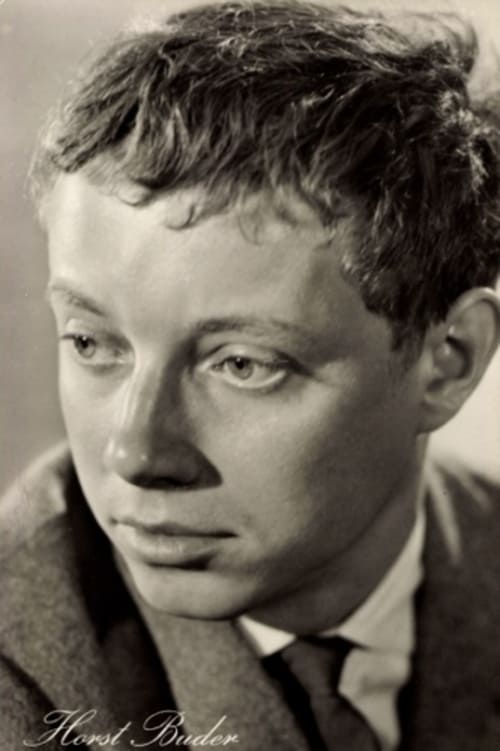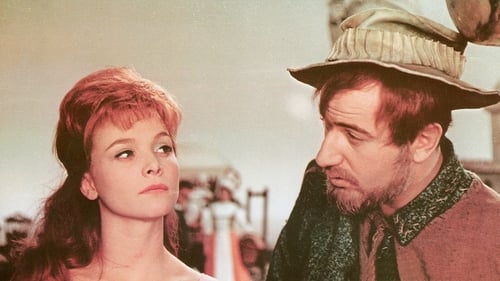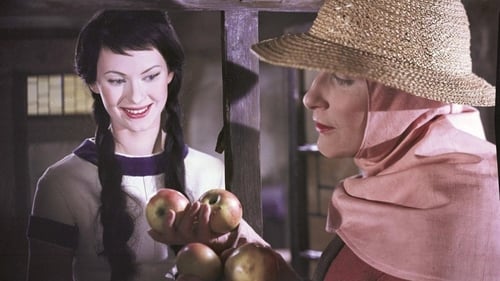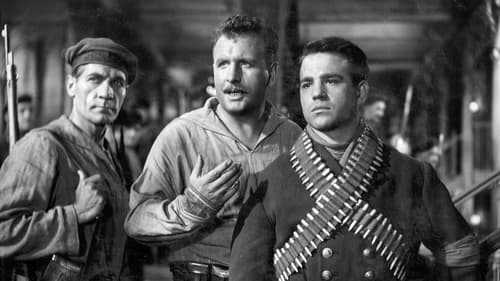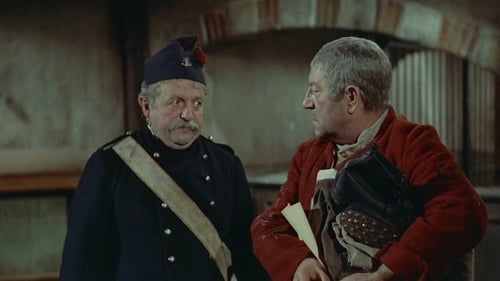Horst Buder
History
Horst Buder ( 20. Jahrhundert) ist ein ehemaliger deutscher Schauspieler.
Buder wirkte vorwiegend in Produktionen der DEFA und des DFF mit. Seine erste Filmarbeit war 1957 in dem DEFA-Kinderfilm Sheriff Teddy, in welchem er den 2. Halbstarken am Alex darstellte. Darauffolgend spielte er 1957 unter anderem in dem Spielfilm Ein Mädchen von 16 ½ und trat 1959 in dem Kurzfilm Ein ungewöhnlicher Tag als Fensterputzer in Erscheinung. Anfang der 1960er Jahre verkörperte er in dem Märchenfilm Schneewittchen den Küchenjungen. Im Jahr 1965 wurde er erneut in einem Märchenfilm besetzt – in Walter Becks König Drosselbart. Hier verkörperte er den Junker Balduin, der um die hochmütige Prinzessin Roswitha, dargestellt von Karin Ugowski, wirbt und von ihr nur verspottet wird. Manfred Krug war als König Drosselbart besetzt.[2] In der Filmkomödie Ohne Paß in fremden Betten stand Buder in der Rolle eines Leutnants auf der Besetzungsliste. Nach seiner Hauptrolle als Iwanuschka in dem 1967 gedrehten Film Die verzauberten Brüder, war er erst 1986 wieder in einem Film zu sehen. In Der Bärenhäuter spielte er in einer Nebenrolle den Hubert. Diese Rolle gilt als seine letzte.
